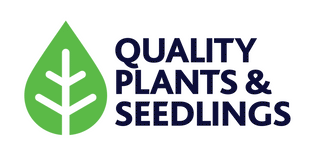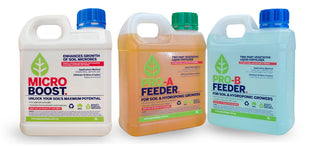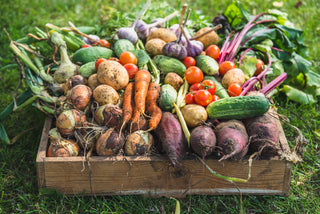-
Hybrid Seeds: Hybrid seeds are the result of cross-pollination between two different but closely related plant varieties. They are bred to have specific traits, such as disease resistance, high yield, or uniformity. Hybrid plants often display hybrid vigor, meaning they are more robust than their parent plants. However, seeds from hybrid plants do not reproduce true-to-type, so gardeners typically need to purchase new seeds each season.
-
Open-Pollinated (OP) Seeds: Open-pollinated seeds are derived from plants that are pollinated naturally, either by wind, insects, or other natural mechanisms. OP plants produce seeds that are genetically stable and true-to-type, meaning the offspring closely resemble the parent plant. Gardeners can save and replant OP seeds from year to year, making them a sustainable choice.
-
Heirloom Seeds: Heirloom seeds are a subset of OP seeds known for their historical and cultural significance. These seeds have been passed down through generations and are often associated with specific regions or communities. Heirlooms come in a wide variety of flavors, colors, and shapes, making them popular for their unique characteristics. Like OP seeds, heirloom seeds can be saved and replanted.
-
GMO Seeds: Genetically Modified Organism (GMO) seeds have had their DNA modified in a laboratory to introduce specific traits, such as resistance to pests, diseases, or herbicides. GMO crops are primarily used in large-scale agriculture and have been a topic of controversy due to concerns about their environmental and health impacts. GMO seeds are typically not available to home gardeners.
-
Organic Seeds: Organic seeds are derived from plants that are grown without synthetic pesticides, herbicides, or fertilizers. These seeds are suitable for organic gardening and farming practices, promoting sustainability and environmental responsibility.
-
Treated Seeds: Treated seeds are coated with chemical substances, such as fungicides or insecticides, to protect them from diseases and pests during germination and early growth. They are commonly used in commercial agriculture but may not be preferred by organic gardeners.
-
Pelleted Seeds: Pelleted seeds are coated with a material that makes them larger and easier to handle. This is especially useful for small seeds that can be challenging to sow individually.
-
Native Seeds: Native seeds are sourced from plants that are indigenous to a specific region or ecosystem. They are important for ecological restoration and promoting biodiversity in native habitats.
-
Certified Organic Seeds: These seeds are produced according to strict organic farming standards, ensuring that they are free from synthetic chemicals and genetically modified organisms. They are suitable for organic gardening.
-
Specialty Seeds: Specialty seeds encompass a wide range of seeds tailored for specific purposes, such as microgreens, sprouts, and herbs. These seeds are often used for culinary or decorative purposes.
Choosing the right type of seed depends on your gardening goals, preferences, and ethical considerations. Whether you prefer the stability of OP and heirloom seeds, the benefits of hybrid seeds, or the principles of organic gardening, there is a seed type to suit your needs.





